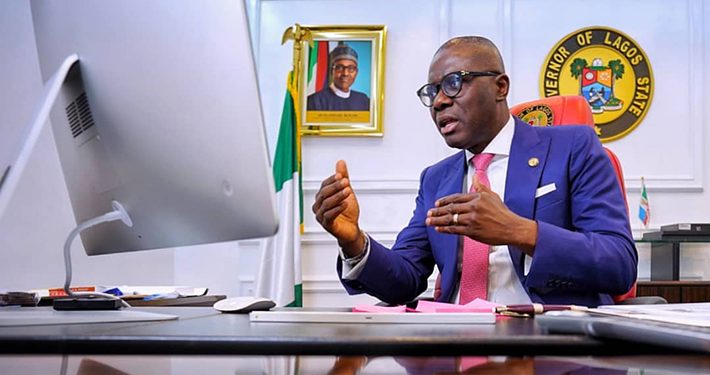Following the recent court judgment on tax collection, Governor Babajide Sanwo-Olu and the state’s assembly have begun moves to enact a value-added tax law.
The ‘Value-Added Tax Bill’ passed through its second reading during a plenary on Monday at Lagos House of Assembly.
The lawmakers mandated the committee on finance to send a report on Thursday.
During the plenary on Monday, the speaker, Mudashiru Obasa, noted that the Lagos government generated N500 billion annually but only received a small amount from the federal government.
He added that when the assembly passed the VAT bill, there would be more revenue to support the infrastructural development in the state.
“It is an opportunity for us to emphasise again on the need for the consideration of true federalism,” said the speaker. “Increase in revenue and increase in infrastructural development. This is in line with fiscal federalism that we have been talking about.”
According to Mr Obasa, the VAT bill will help Lagos tackle other challenges when signed into law.
On August 19, Governor Nyesom Wike of Rivers signed the value-added tax (VAT) bill into law, allowing the state to collect taxes within its jurisdiction.
Recently, the Rivers Division of the Federal High Court ruled that Rivers could take full charge of collecting and utilising value-added tax and personal income tax in the state.
Following a similar path, the Lagos government insisted that the state internal revenue service control all taxes in the state.
Last August, Mr Wike signed into law the bill on Value Added Tax (VAT) collection in the state.
He maintained that the court judgment had sufficiently addressed whether FIRS could continue to collect VAT fees in Rivers.






